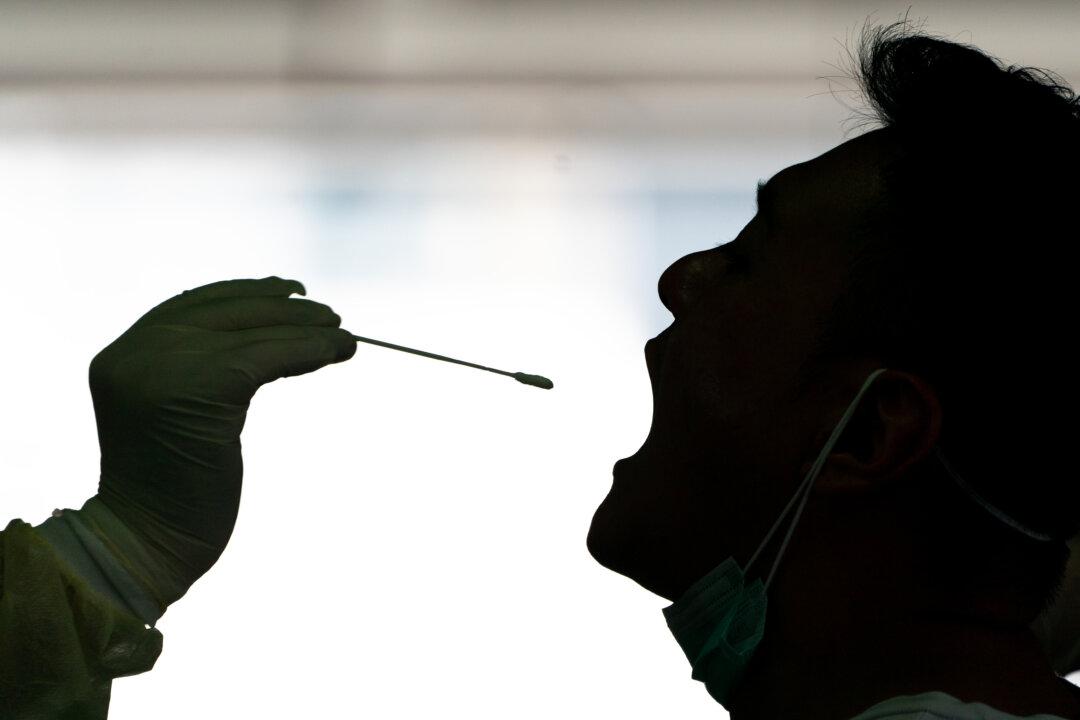Chinese authorities have launched more control measures after the latest wave of CCP virus outbreaks were reported in far-western Xinjiang and northeastern Dalian city. But the virus has continued to infect more people and spread to more regions of the country.
Xinjiang
In Xinjiang, home to 24.87 million people, almost half of them Uyghur Muslim minorities, authorities announced that hundreds have been diagnosed with COVID-19 since July 16, almost all in the capital of Urumqi. But residents were incredulous and believed the true figures were likely higher.Deputy mayor of Urumqi, Song Yajun, said at a July 30 press conference that 12,313 people were isolated at quarantine centers and being observed to see if they develop COVID-19 symptoms.





